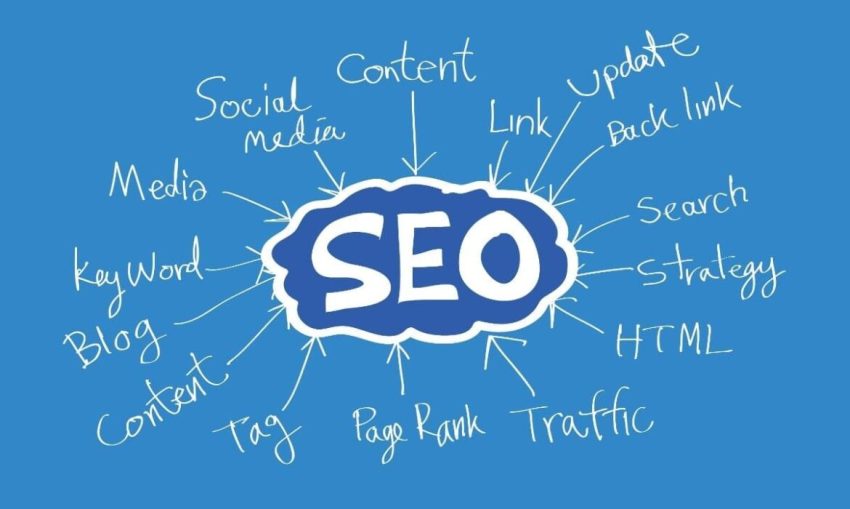What Exactly is GDPR – Six Tips To Ensure GDPR Compliance
Everyone can’t be a GDPR specialist, but your business must still comply with the latest data protection and privacy rules. Even if there are no government regulations holding you by the hand, these tips for GDPR compliance are an essential part of data-driven businesses. They will keep user data safe and earn the trust of the community. Look at the whole Facebook story to see what happens when a data-driven business loses its trust with users. While they certainly did not go out of business, they had to spend millions on damage control.
What Exactly is GDPR?
GDPR is a series of regulations that the EU placed on businesses that are designed to protect citizens – or to be more precise, protect their data privacy. The rules are complex and have changed the way a lot of businesses operate. But as long as you follow the tips in this article, then you will be compliant with these rules. All businesses can benefit from following these guidelines, regardless of whether or not it’s a “requirement.”
All members of the EU are required to have specific processes in place that protect consumer data. Furthermore, they are also required to get permission to collect data. This is normally done in the terms & service section. However, businesses outside of the EU are also starting to voluntarily follow these guidelines because they are beneficial to everyone involved. Now let’s look at some tips for GDPR compliance so that you can make sure your business is following the rules.
Understand the Key Concepts of GDPR
Making your business GDPR compliant is about changing the way your systems gather data and making sure that your leads are protected. In today’s business, there are only a few areas where your business is not using data, but every other area must be secured. Becoming GDPR compliant requires you to look at your overall data plan and modify it as necessary. Let’s start with the most important concepts of these regulations.
- Users have the right to be informed when they are sharing data with a business. In most cases, this notice is listed in a transparent way within the terms & service section.
- Businesses must provide users access to their individual data upon request, without charge. This is usually provided in an electronic format.
- If data is inaccurate, users have the right to request that it be corrected within one month. More complex data is given a longer timeframe.
- Businesses must have a process in place to remove data securely anytime there is no reason to possess it. This can include the closure of an account or upon user request.
- Businesses must be prepared to restrict data under specific circumstances.
- Users must be permitted to use their data across multiple services for whatever purpose they see fit.
Become GDPR Compliant!
There are three specific areas where businesses must ensure they are GDPR compliant.
#1: Mapping Data
Document the way that data flows in your business. The entire data journey must be documented in an accessible format. Then you can use this to prove that you are complying with all GDPR regulations. Data maps will also show you areas where you might not be compliant. It’s easy to make honest and straightforward mistakes and so data mapping will show you areas where you can improve. It protects both your business and your consumers.
#2: Update your Privacy Policy
Review your current privacy policy and then update it accordingly. This is going to be the first thing that people look at to ensure that you’re GDPR compliant. Businesses must clearly communicate their data policies. There are no loopholes here. If the message is unclear or uses complex language, then you are required to update it.
#3: Train your Team on How to Use Data Properly
The concept behind GDPR is sound and is designed to ensure that businesses truly understand how and why they are using data. This includes training employees in the basic principles of GDPR regulations. Furthermore, you will need to limit data access to only employees who require it.
Legalities of Processing Data
- Consumers must give consent for a business to process their data.
- A proper processing system is necessary for companies to gather data. Users must be able to request the details of this process.
- Legal obligations must be documented.
- Proper security systems must be used to protect the data of users.
A System Must be Created to Report Data Breaches
The next of our tips for GDPR compliance is to have a written system for identifying and reporting breaches in data. These must be reported to the Supervisory Authority with 72 hours. Take the time to set up security systems that protect data and only give access to individuals in the company who need it. In the event that services need to be delegated (like getting data entry outsourced), appropriate measures must be taken to ensure that any data shared is protected.
Understand the Importance of Being GDPR Compliant
Even if your business is outside of the EU and not subject to the rules and regulations listed in this article, it’s still a good idea to follow these guidelines. Some advantages of making your business GDPR compliant include:
- Better organization of data. Usually, businesses will store all data in one secure location.
- It’s easier to create security systems to protect data since it’s stored in one place.
- Enhanced storage capacity.
- Better data management practices are created.
- More efficient methods of sharing data are created, improving the productivity of administration.
- Increased trust with consumers.
Never Stop Auditing your Consumers’ Data
All the above-listed tips for GDPR compliance will come very handy for marketers. Meanwhile, bear in mind that businesses will need to be transparent in the way they ensure that user data remains secure. There are always going to be different levels of compliance, and so you will need to develop a system that caters to your business. Above all else, make sure that you are consistently monitoring your data systems to ensure that critical information is not compromised.




